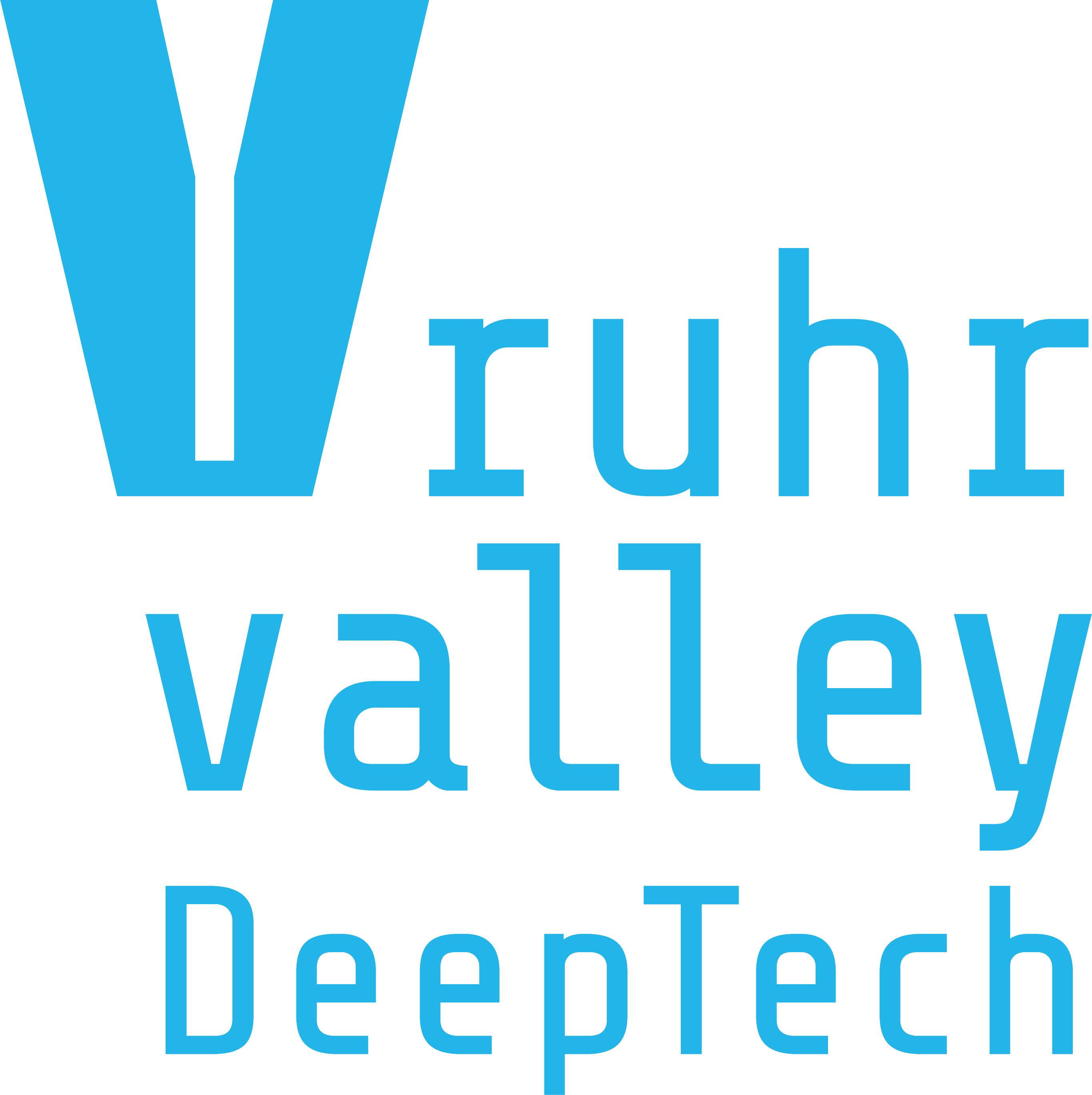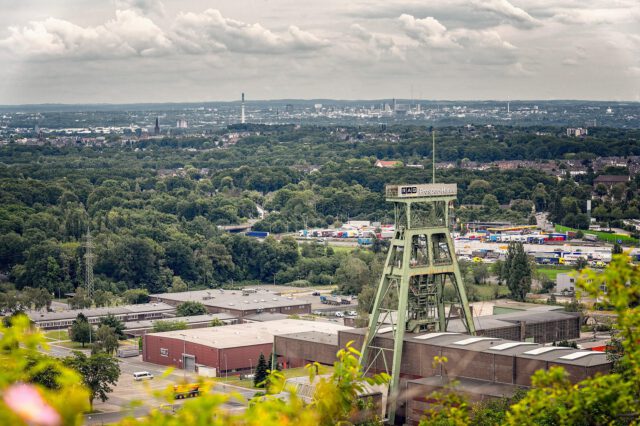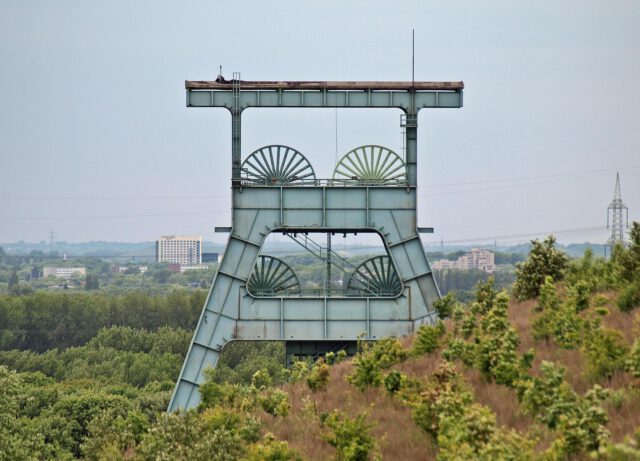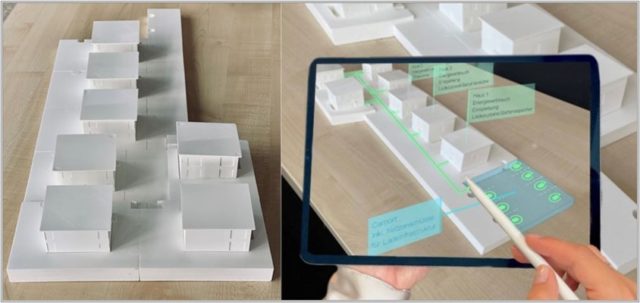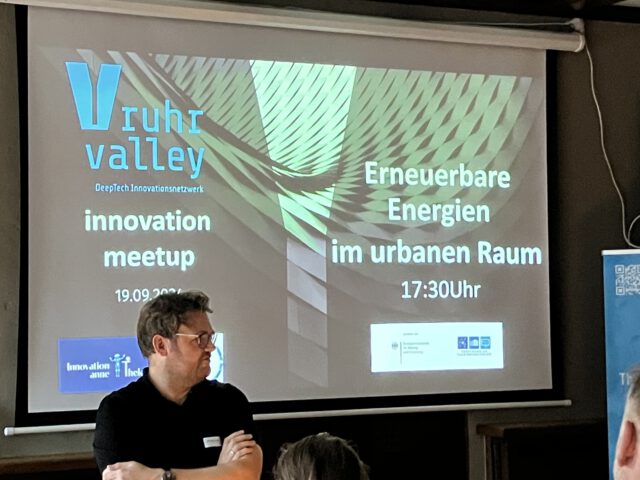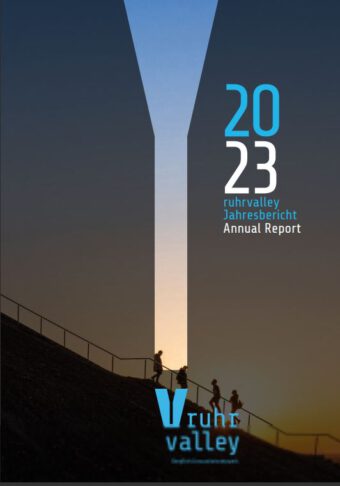
Project
SiME
System Innovations for Mobility and Energy in the Metropolis
Up to now, the implementation of the energy and mobility revolution has fallen significantly short of the defined expectations and it is difficult to successfully introduce innovations in these fields to the market. The objective of the project is a stronger intermeshing of the various research and development activities in the areas of mobility and energy.
Starting Point
Up to now, the implementation of the energy and mobility revolution has fallen significantly short of the defined expectations and it is difficult to successfully introduce innovations in these fields to the market. This despite the existence of a whole series of components for the regional energy and mobility systems in the Ruhr Area, which different actors have been occasionally able to develop, test, and in part, sustainably establish. In order for the individual parts to intermesh with each other, it is necessary to provide orientational knowledge to obtain a better understanding of the barriers and resistance that must be overcome.
Our Solution
The objective of the project is a stronger intermeshing of the various research and development activities in the areas of mobility and energy. Instead of developing these activities independently from one another, in the future, the different technology and application areas should all be brought together. SiME pursues a system theoretic approach to study the energy- and mobility-oriented reconstruction of metropolitan regions; the studies focus on the conditions relevant for the implementation of system innovations. For the innovation areas of heating, mobility, and hydrogen, the project team reconstructed case studies with important actors in the regional innovation scene in order to define barriers and resistance, as well as to provide stimulus. Ultimately, a practice-oriented design tool should be developed and tested using the example of the Ruhr Metropolis.
Funding ID
Fachhochschule Dortmund – University of Applied Sciences and Arts: 13FH0E11IA
Westphalian University of Applied Sciences: 13FH0E12IA
Supported by the Federal Ministry for Education and Research
Project Duration
2017 – 2022
